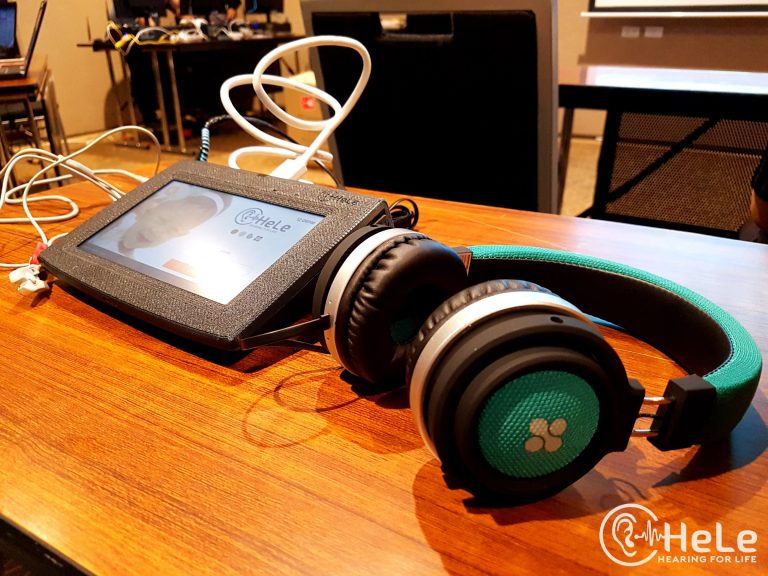Manila, Philippines – Researchers from the University of the Philippines – Manila (UP Manila) and the University of California, Davis (UC Davis) are developing better newborn hearing screening technologies, which will pave way for early detection of hearing impairment among Filipino infants.
 |
The project Hearing for Life: Increasing the Rates of Newborn Hearing Screening with Novel Technologies and Telehealth (HeLe Project) is set to produce an innovative hearing screening device and telehealth technologies. This will include e-learning modules for training newborn hearing screeners and users, an electronic medical record module for newborn hearing screening, a tele-referral system, and a newborn hearing screening registry. These will allow community-based early hearing screening in Rural Health Units (RHUs) that are easily and locally accessible.
The HeLe Project is funded by the Commission on Higher Education (CHED) through the Philippine-California Advanced Research Institutes (PCARI) Project. The CHED-PCARI is a government initiative that aims to advance the country’s capacity for research and development by addressing societal-scale problems related to health innovation and translational medicine (HITM) and information infrastructure development (IID).
A 2013 study led by HeLe Project Head Dr. Charlotte Chiong, director of the Newborn Hearing Screening Reference Center (NHSRC) at the UP Manila National Institutes of Health found that “at least 8 profoundly hearing deaf babies are born every day in the Philippines or one deaf baby born every three hours”. Statistics, however, also shows that less than 10% of Filipino babies each year are screened for hearing loss due to limited number of facilities and the high cost of screening devices.
Lead Researcher Dr. Philip Fullante said the HeLe hearing screening device, together with the telehealth technologies, is envisioned to be a cost-effective model for conducting newborn hearing screening that will be affordable to the government. “This will enable the local government units to deploy the system to its regional health units and even barangay health centers, thus capturing close to 100%, if not all of the live births in the country for newborn hearing screening,” Fullante added.









